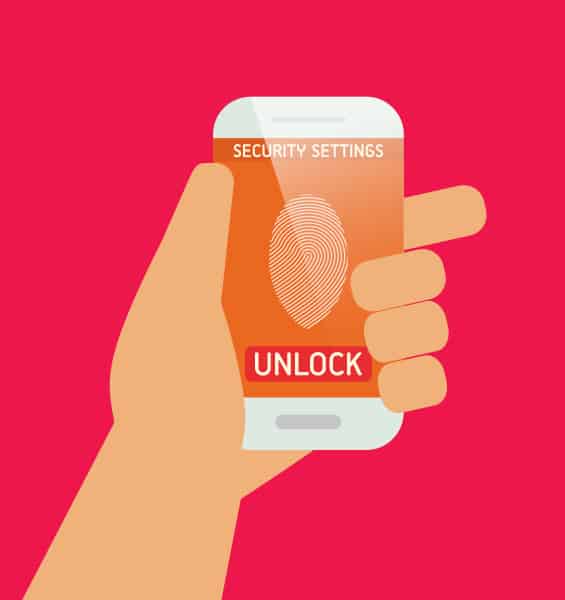
Ever since former NSA contractor Edward Snowden disclosed thousands of classified documents detailing government spy programs last year, people have grown increasingly concerned about their privacy. A Washington Post-ABC News poll conducted a few weeks after the initial disclosures in June of 2013 found that 74 percent of Americans felt NSA surveillance of phone calls and Internet traffic intrudes on their personal privacy. Another 70 percent said there is no justification for mass government spying.
Technology Companies and Privacy
Several technology companies including Google and Apple were discovered to be willing aids to these government programs, according to the leaked documents. Apple has steadfastly denied cooperation with the government while reiterating to customers that it takes privacy seriously. The company made good on its declaration, announcing the new iOS 8 operating system will feature personal password encryption that cannot be bypassed even if a government agency issues a search warrant. Google is now following suit.
The new Lollipop operating system for Android will offer default password encryption on all new Android devices. Niki Christoff, the spokeswoman for Google, told the Washington Post that Android devices have offered optional encryption since 2011, but few Android users knew about the feature or how to activate it. Android Lollipop also will not store passkeys, making it nearly impossible for police and other government agencies to access data from personal devices.
Law Enforcement Not Happy
Google’s announcement drew the immediate ire of FBI Director James Comey. He told reporters at FBI headquarters in September that Google’s new policy places consumers above the law. Comey reinforced his disdain for the policy in a recent speech at the Brookings Institute. He said crimes could go unsolved if law enforcement cannot readily access data from personal devices. Cathy Lanier, chief of the Washington DC Police Department, went as far as to say Google is aiding pedophiles with its new policy.
The U.S. Supreme Court unanimously ruled in the case of Riley v. California this past June that warrantless searches of personal devices by police violates the Fourth Amendment of the U.S. Constitution. Petitioner David Riley was arrested in August of 2009 after a loaded gun was found in his car after a traffic stop. Police seized his phone and searched through it without a warrant. Riley was charged for his alleged involvement in an unrelated shooting based on the illegally obtained evidence.
Riley’s lawyer’s asked the California Supreme Court to suppress all evidence obtained through the illegal search. The court ruled that the seizure was legal because it happened during the course of an arrest; however, the U.S. Supreme Court reversed the decision. Google and Apple’s new policies now provide Americans a second layer of protection from illegal searches by government officials.
Boon For Business
Several industries are applauding the moves by Google and Apple. Eliot Frantz, CEO of Virtue Security, said automatic encryption will provide much needed assurances to the healthcare industry. He told mHealthNews that it’s particularly useful when a device containing sensitive health information is stolen or lost by employees of hospitals and other medical establishments.
The American public also is on board with default encryption. A survey taken in late September by polling firm Morning Consult found that 68 percent of Americans support the new policies by the two tech giants. Despite this widespread support, the Justice Department and FBI said they will push for legislation that prevents technology companies from offering this type of encryption.
The release dates for Android Lollipop will vary by each original equipment manufacturer. Lollipop will debut on three new Nexus devices sometime in early November. Nexus 4, 5, 7 and 10 users will be able to upgrade to Lollipop as well. Most Samsung devices, particularly flagships like the Galaxy Note 4 and Galaxy Alpha are also expected to get the update at that time. HTC announced that the HTC One M7 and M8 will get the update 90 days after the company receives the final software from Google.